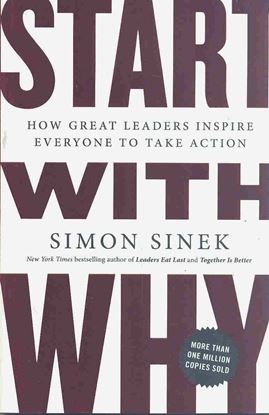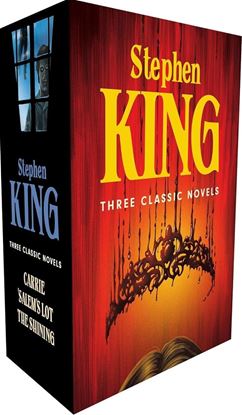

SOMEONE LIKE US
After abandoning his once-promising career as a journalist in search of a new life in Paris, Mamush meets Hannah—a photographer whose way of seeing the world shows him the possibility of finding not only love but family. Now, five years later, with his marriage to Hannah on the verge of collapse, he returns to the close-knit immigrant Ethiopian community of Washington, DC, that defined his childhood. At its center is Mamush’s stoic, implacable mother, and Samuel, the larger-than-life father figure whose ceaseless charm and humor have always served as a cover for a harder, more troubling truth. But on the same day that Mamush arrives home in Washington, Samuel is found dead in his garage.
With Hannah and their two-year-old son back in Paris, Mamush sets out on an unexpected journey across America in search of answers to questions he’d been told never to ask. As he does so, he begins to understand that perhaps the only chance he has of saving his family and making it back home is to confront not only the unresolved mystery around Samuel’s life and death, but his own troubled memories, and the years spent masking them.
1,650
STATION ELEVEN (TELEVISION -TIE-IN)
Kirsten Raymonde will never forget the night Arthur Leander, the famous Hollywood actor, had a heart attack on stage during a production of King Lear. That was the night when a devastating flu pandemic arrived in the city, and within weeks, civilization as we know it came to an end.
Twenty years later, Kirsten moves between the settlements of the altered world with a small troupe of actors and musicians. They call themselves The Traveling Symphony, and they have dedicated themselves to keeping the remnants of art and humanity alive. But when they arrive in St. Deborah by the Water, they encounter a violent prophet who will threaten the tiny band’s existence. And as the story takes off, moving back and forth in time, and vividly depicting life before and after the pandemic, the strange twist of fate that connects them all will be revealed.
850
STEPHEN KING TRHEE ClASSIC NOVELS BOX S.
In Carrie, a teenage girl is tormented and teased to the breaking point by her more popular schoolmates. But Carrie has a gift and she uses this gift to inflict a terrifying revenge.
In 'Salem's Lot, Ben Mears has returned to Jerusalem's Lot, an old mansion, long the subject of town lore, to work on his new book. But when two young boys venture into the woods and only one comes out alive, Mears begins to realize that there is something evil growing within the borders of this small New England town.
In The Shining, Jack Torrance's new job as the off-season caretaker at the Overlook Hotel is the perfect chance for a fresh start. But as the harsh winter weather sets in, the idyllic location feels ever more remote . . . and more sinister. And the only one to notice the strange and terrible forces gathering around the Overlook is Danny Torrance, a uniquely gifted five-year-old.
3,500
STOP SAYING YOU ARE FINE
Mel Robbins has spent her career teaching people how to push past their self-imposed limits to get what they truly desire. She has an in-depth understanding of the psychological and social factors that repeatedly hold you back, and more important, a unique set of tools for getting you where you want to be.
In Stop Saying You're Fine, she draws on neuroscientific research, interviews with countless everyday people, and ideas she's tested in her own life to show what works and what doesn't. The key, she explains, is understanding how your own brain works against you. Because evolution has biased your mental gears against taking action, what you need are techniques to outsmart yourself.
995
STORY OF MY LIFE (DELUXE EDITION)
Hazel Hart was a successful romance novelist until a breakup drives her straight into writer's block. Having failed (and failed some more) to deliver her new manuscript, she's hiding from the world behind a wall of old takeout containers until her publisher lays down the law. If she misses her next deadline it's The End.
Desperate for inspiration, Hazel impulse-buys a historic home online and flees Manhattan to tiny Story Lake, PA. Upon her dramatic arrival involving an incident with a bald eagle she discovers the charm of her new home may have been slightly exaggerated.
1,150













